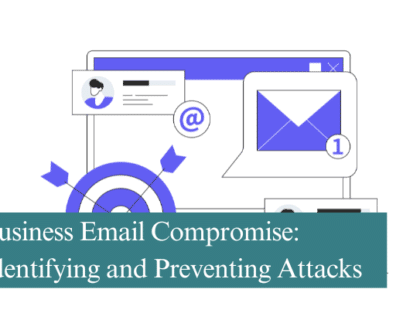
With increasing incidents of cyber attacks and data breaches, ensuring your personal and professional data is secure should be a top priority. Implementing robust security measures doesn’t have to be complex or time-consuming.
Here are some quick and simple cyber security tips to help:
1. Use Strong, Unique Passwords
A strong password is your first line of defence against unauthorised access. Ensure your passwords are:
- Long: Aim for at least 12 characters.
- Complex: Use a mix of letters (both uppercase and lowercase), numbers, and special characters.
- Unique: Avoid using the same password across multiple sites.
Consider using a password manager to generate and store strong, unique passwords for each of your accounts. This tool can help you manage your passwords securely and reduce the risk of breaches.
2. Enable Two-Factor Authentication (2FA)
Two-factor authentication adds an extra layer of security by requiring a second form of verification in addition to your password. This typically involves receiving a code on your mobile device or using an authentication app. Even if a hacker obtains your password, they will still need this second factor to gain access to your accounts.
Most major online services offer 2FA. Make sure to enable it for your email, social media, and financial accounts.
3. Keep Your Software Up-to-Date
Software updates often include critical security patches and bug fixes. Regularly updating your operating system, applications, and antivirus software helps protect your devices from known vulnerabilities.
Enable automatic updates where possible to ensure you’re always using the most secure version of your software.
4. Be Cautious with Email Attachments and Links
Phishing attacks often come through email, where hackers trick you into clicking on malicious links or downloading harmful attachments. To avoid falling victim:
- Verify the sender: Be wary of unexpected emails, especially those that ask for sensitive information or urgent actions.
- Hover over links: Before clicking, hover your mouse over links to see if they lead to a legitimate website.
- Don’t download unknown attachments: If you weren’t expecting a file, it’s better to err on the side of caution and not open it.
5. Use Secure Networks
Public Wi-Fi networks can be a breeding ground for cyber threats. Avoid conducting sensitive transactions, such as online banking or shopping, on unsecured networks.
When using public Wi-Fi, consider using a Virtual Private Network (VPN) to encrypt your internet connection and protect your data from prying eyes.
6. Back Up Your Data Regularly
Regular data backups ensure that you don’t lose important information in case of a cyber attack or hardware failure. Implement a backup strategy that includes:
- Frequent backups: Schedule regular backups of important files.
- Multiple storage locations: Store backups in different locations, such as an external hard drive and cloud storage, to ensure redundancy.
7. Educate Yourself and Others
Understanding the basics of cyber security is essential for protecting yourself online. Stay informed about the latest threats and security practices.
Share this knowledge with friends, family, and colleagues to help create a more secure digital environment for everyone. The more people who understand cyber security, the less likely they are to fall victim to attacks.
8. Secure Your Mobile Devices
Mobile devices often contain a wealth of personal information and can be easily lost or stolen. To protect your data:
- Set a strong password or PIN: Ensure your device is locked with a secure method.
- Enable remote tracking: Use features like “Find My iPhone” or “Find My Device” to locate or remotely wipe your phone if it’s lost.
- Install security apps: Consider using mobile security apps that offer protection against malware and theft.
9. Review Your Privacy Settings
Review and adjust the privacy settings on your social media accounts and other online services to control what information you share and who can see it.
Be mindful of the permissions you grant to apps and services. Limit access to only what is necessary for the app to function.
10. Monitor Your Accounts
Regularly check your financial statements and online accounts for any unauthorised activity. Early detection of suspicious behaviour can help prevent more significant damage.
Set up alerts for unusual transactions or login attempts to stay informed about any potential security issues.
Schedule a Cyber Security Review
Implementing these tips is a great start, but ensuring comprehensive protection requires a more thorough approach. If you want to take your cyber security to the next level, consider scheduling a professional IT review.
Our experts can assess your current security measures, identify potential vulnerabilities, and recommend tailored solutions to strengthen your defences. Contact us today!
Recommended Posts

Are you making the most of your Microsoft 365 licensing?
4th July 2025


